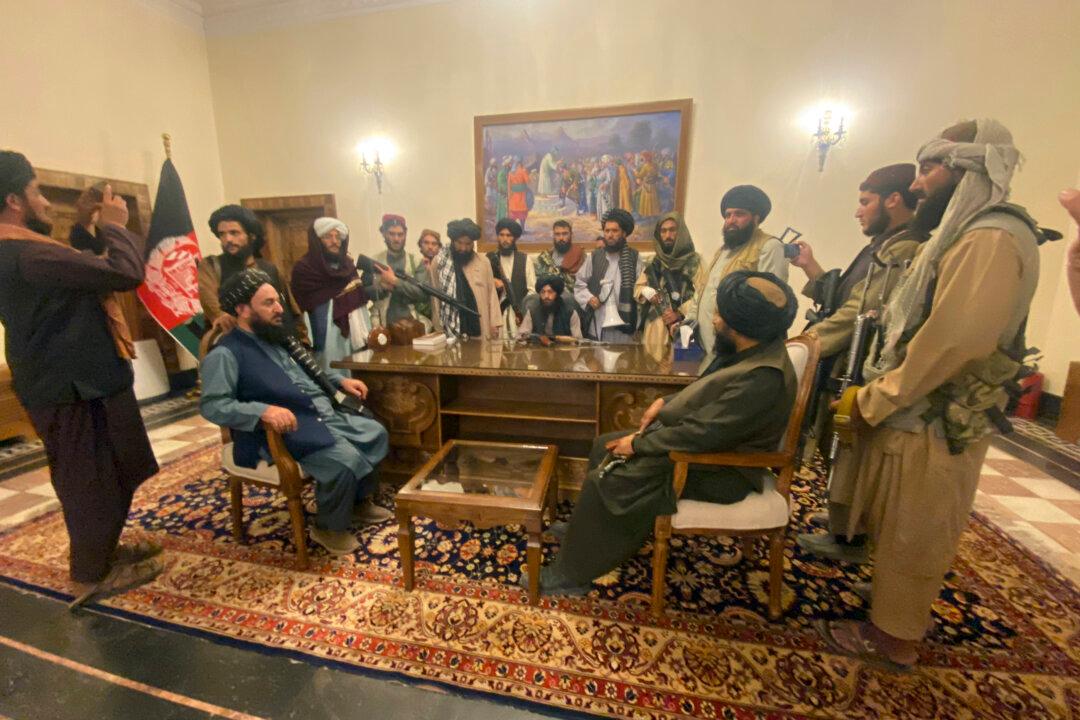President Joe Biden hasn’t spoken with the media about the Taliban overthrowing the government in Afghanistan since his last statement on Saturday, one day before the terrorist group swarmed Kabul.
“[W]e have conveyed to the Taliban representatives in Doha, via our Combatant Commander, that any action on their part on the ground in Afghanistan, that puts U.S. personnel or our mission at risk there, will be met with a swift and strong U.S. military response,” a white house statement said August 14.





